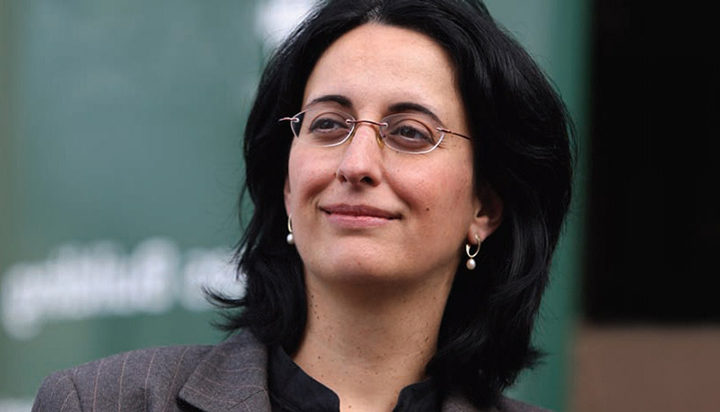An academic has been appointed to develop plans for a new centre aimed at addressing the challenges to decarbonise Britain’s industrial sector.
Professor Mercedes Maroto-Valer from Heriot-Watt University in Scotland will work with academics, industry, policymakers and other stakeholders to develop a proposal for the Industrial Decarbonisation Research and Innovation Centre (IDRIC).
Supported with £20 million of funding through the Industrial Strategy Challenge Fund (ISCF), the centre will foster collaboration between researchers and industry to address complex social and environmental challenges and support the government’s 2050 net zero goal.
It will seek to accelerate investment and reduce costs, risks, timescales and emissions by bring together established and new technology-based areas.
Science Minister Chris Skidmore said: “The UK is committed to slashing carbon emissions and tackling climate change, which is why we became the first major economy to legislate for net zero.
“The new centre delivers on our ambitions by bringing together leading experts to generate new ideas to accelerate the reduction of emissions across industrial sectors like manufacturing and automotive.”
The professor has been appointed by UK Research and Innovation (UKRI), which has allocated £100,000 to develop the bid for the centre, with the full proposal to be assessed.
Professor Maroto-Valer added: “My role is to place the UK at the forefront of the global shift to clean growth. I firmly believe we will be able to safeguard existing jobs and local economies whilst creating new opportunities for prosperity.
“We will jointly reduce costs, risks, timescales and emissions whilst considering economic and policy implications and institutional reforms. We aim to create the world’s first net zero carbon industrial cluster by 2040 and at least one low carbon cluster by 2030.”





